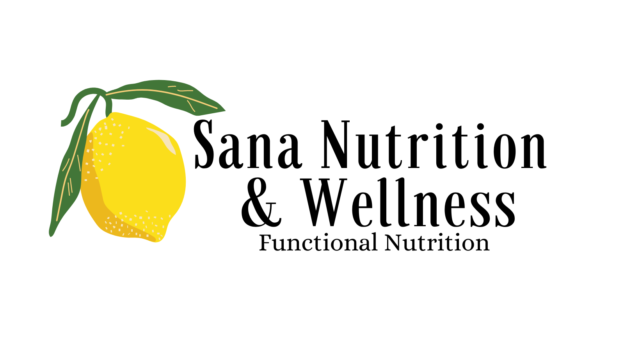I love using herbs to promote well-being! And this can be helpful when focusing on mental and emotional well-being! Our emotions and moods affect all areas of our health and life. I think medication can be very helpful in supporting mental health and getting people to the point they can participate in lifestyle changes. That said, I want to offer form medicinal herbs that could help, support, and augment your mental health journey! (*always talk to your health care provider before starting with a new herb or supplement)
Ashwagandha can be helpful for:
- Stress & Anxiety
- Depression
- Cognitive Function
- Memory
- Improve Sleep
- Immune Support
It Promotes feelings of overall well-being!
Ashwagandha is an adaptogenic herb used in Ayurvedic medicine for thousands of years to promote vitality, enhance mental clarity, and improve overall well-being.
It helps the body adapt and respond to stress (adaptogenic). It regulates cortisol levels and promotes a balanced stress response.
Ashwagandha is generally considered safe for most people. However, it may interact with certain medications, including immunosuppressants and sedatives. Talk to your provider before taking it.
Dosing depends on age, conditions and delivery method. That being said, here are some general dosage guidelines:
- Powdered Ashwagandha: A typical starting dose of powdered ashwagandha is around 1/2 to 1 teaspoon (approximately 1.5 to 3 grams) once or twice daily. Mix the powder with water, milk, or juice to create a beverage.
- Ashwagandha Capsules: Follow the dosage instructions provided on the product packaging. The recommended dosage is 500 to 1,000 mg of ashwagandha extract per day, divided into two doses. However, the dosage may vary depending on the concentration of the extract in each capsule.
- Ashwagandha Extracts and Tinctures: The dosage for ashwagandha extracts and tinctures can vary depending on the concentration of the product. It’s best to follow the dosage instructions provided by the manufacturer or consult with a healthcare professional for guidance.
Ashwagandha has become pretty mainstream, so you probably find it at your local store. But in case you need it, below is a link to my supplement dispensary and some good brands!
Good Research on Ashwagandha:
- A 2020 randomized controlled trial published in the Journal of Clinical Psychiatry investigated the efficacy of ashwagandha in reducing anxiety and stress in individuals with generalized anxiety disorder (GAD). The study found that ashwagandha extract significantly reduced anxiety symptoms and improved overall well-being compared to a placebo.
- A 2019 double-blind, placebo-controlled study published in the Journal of Alternative and Complementary Medicine examined the effects of ashwagandha on stress and sleep quality in healthy adults. The results showed that ashwagandha supplementation significantly reduced perceived stress levels and improved sleep quality.
- In a 2017 study published in the Indian Journal of Psychological Medicine, researchers investigated the effects of ashwagandha on cognitive function and psychomotor performance in individuals with mild cognitive impairment (MCI). The study found that ashwagandha extracts improved memory, attention, and information processing speed compared to a placebo.
- A 2015 study published in the Journal of Evidence-Based Complementary & Alternative Medicine evaluated the efficacy of ashwagandha in reducing symptoms of depression in individuals with major depressive disorder (MDD). The results showed that ashwagandha extract was as effective as the antidepressant medication in reducing depressive symptoms.




